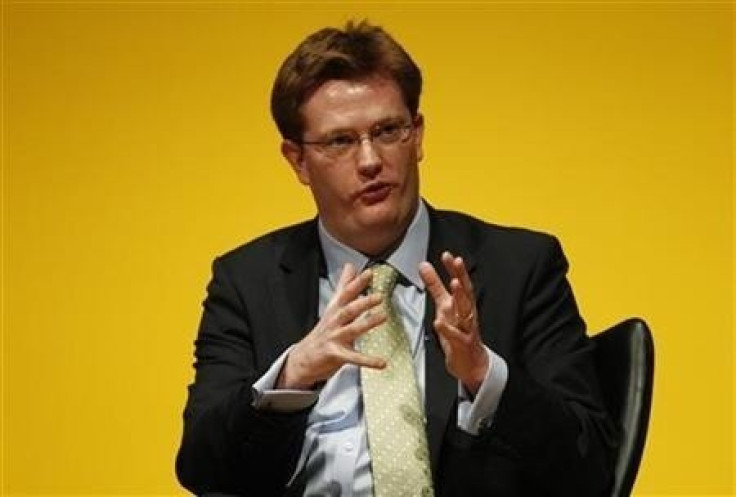Britain Bans Tax Dodgers from Securing Government Contracts

The Government has drafted new rules banning companies who are avoiding tax from competing for public sector contracts.
Under the new rules, which have been published by the Treasury and are due to come into effect on 1 April, companies and individuals bidding to secure government contracts will have to provide details of their tax compliance history, including tax returns that have been judged incorrect, in order to participate in the tender process.
Winning bidders will also have to sign a clause in their contract, which would allow the relevant government department to terminate the agreement in case of future tax avoidance.
Suppliers will be required to disclose whether they have been convicted for tax-related offences, or have been subject to a penalty for civil fraud or evasion.
The new regulations are part of the Coalition's ongoing fight against tax avoidance, especially by multinational companies, following revelations that international firms such as Starbucks, Amazon and Google have avoided paying millions of pounds in tax.
In January, Prime Minister David Cameron warned companies which are not paying their fair share of tax that they needed to "wake up and smell the coffee", indirectly pointing to the tax avoidance by coffee giant Starbucks.
Chief secretary to the Treasury Danny Alexander described the new rules as "another significant tool (which) will provide a framework to enable Government departments to say no to firms bidding for Government contracts where they have been involved in failed tax avoidance".
"The government is clear that aggressive tax avoidance is totally unacceptable," Alexander said in a statement.
Cabinet Office minister Francis Maude added: "This Government is dealing with the unprecedented deficit we inherited, and that's why it is only right we ensure that only companies which are meeting their tax obligations can win government contracts. We will continue to put value for money at the heart of our procurement practice as we drive millions of pounds of savings for the taxpayer."
© Copyright IBTimes 2024. All rights reserved.






